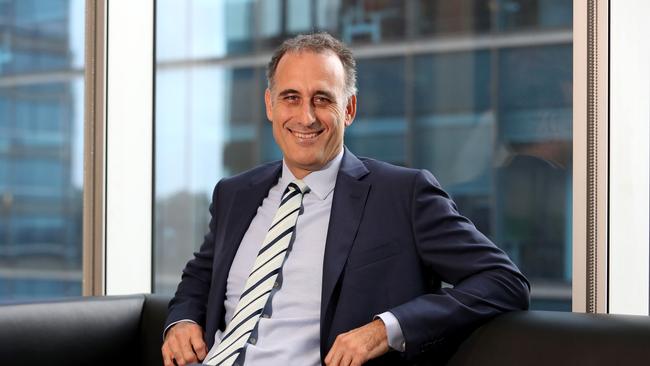
READ MORE: John Durie’s 2019 CEO Survey.
How is your company affected by low interest rates and what is needed to boost the economy?
Low interest rates are helpful in that they reduce the cost of debt funding and support the valuation of companies such as Wesfarmers that are cash generative, defensive, and pay a healthy fully-franked dividend. In terms of the economy, we cannot rely on further interest rate cuts to have a stimulus effect – this has run its race. The two most important drivers of economic growth will be business investment, and consumer confidence and these are inextricably linked. Reducing barriers and red tape to business investment and reducing taxes, so individuals and business retain more of the value they create from hard work and risk-taking will help to create more jobs and increase wage growth.
What is the impact of government regulations on your company, including those applying to the financial sector?
Although we are not a financial company, like most companies, we have been impacted by the repercussions of a more heavy-handed approach to regulation in the financial sector.
Firstly, our household and business customers have found it harder to access credit as banks apply more prescriptive processes around credit and become more risk averse.
Secondly, we have seen a significant increase in regulatory intensity among corporate regulators, and this is mostly directed towards listed companies rather than private enterprises. Some of this focus has been warranted, but it will be interesting to see if it settles over time or whether this is a new cost of doing business in Australia.
What percentage of company revenues are spent on research and development, and how is your company using technology to improve performance?
A percentage of revenue is not the best measure of R & D spend, especially when you are comparing companies with a profit margin of less than 10 per cent to some tech companies with margins well above 50 per cent. At Wesfarmers, we have materially increased our investment in technology and new business development; which I categorise as R & D since the investment will create new revenue streams in the future. In the past year, we have invested around $1bn in new growth platforms such as our lithium project in WA and the Catch Group digital marketplace. Across the Wesfarmers Group, we are also spending in the order of $200m this year through both operational expenditure and capital expenditure, to continue our investment in our data, digital capabilities and systems, including e-commerce and digital solutions for customers.
What are the three major policy issues facing the country and what should be done about them?
I see short-term and long-term opportunities. The most effective way to encourage business investment and job/wage growth is to reduce red tape, streamline the processes to encourage enterprise agreements and reduce the corporate tax rate in Australia versus the rest of the world. The longer-term opportunities go to sustained productivity and improving Australia’s competitive advantage. This starts with investing in and improving our education sector, including skills development generally. The other area that would be one of the biggest drivers of productivity and prosperity is for Australia to aspire to be the healthiest country. This involves a focus on health and wellbeing, starting with kids at school, encouraging sport at all levels and a targeted focus on medical research and critical health issues.
What are the major impediments to long-term growth facing your company and what can or is being done about them?
The great thing about Wesfarmers is that we have the capacity to reallocate our capital to ensure it is invested in areas where we believe we can deliver superior returns to shareholders over the long term. We also can attract and retain really talented people. Therefore, despite what happens in the external environment, a lot is within our control, and we can adapt and take a long-term view that helps us outperform the market. The greatest risk to our long-term growth is short-termism and the many forces in capital markets to follow the herd and get distracted by activity that doesn’t drive long-term value enhancement.




Every year The Australian’s John Durie asks some of the biggest names in Australian business five key questions about what’s coming in the year ahead.